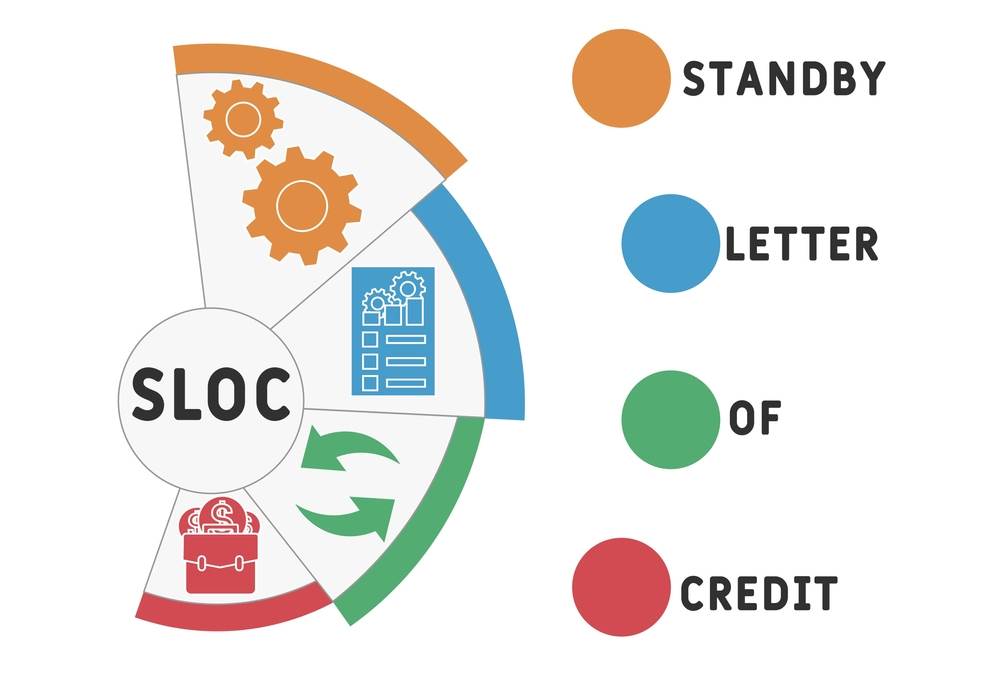The Terms and Conditions For an Import Letter of Credit are Given Below:
A Letter of Credit for Imports is a method of payment used in International commerce that guarantees the seller will be paid for the items he or she ships to the buyer. Customizing the specifics of an Import LC to meet the needs of both the buyer and the seller is possible. So, Let’s dive a little deeper in each of these terms and conditions:

- The sum of money that will be handed over to the vendor after all of the paperwork has been signed.
- Currency for payment is the medium of exchange for the transaction.
- The conditions of shipment govern the means and timing of transporting the products. The method of transportation, loading port, and receiving port are all part of these factors.
- The inspection terms outline the procedures to be utilized in determining the quality and quantity of the items, as well as the parties responsible for conducting these inspections and at what times.
- Necessary Paperwork, The seller must supply the following papers in order to be paid an invoice, bill of lading, and packing list.
- Expiration Date, Last day to submit required documents to receive payment.
- The status of the Letter of Credit’s confirmation. The validity of a Letter of Credit has been validated by a bank other than the issuing bank. This provides the vendor with further peace of mind.
- The name of the individual or group that will be paid using the LC.
- The body of legislation that will be used to interpret and enforce the LC.
The following are some examples of standard clauses that may be included in An LC for Imports. Importers and exporters should review and negotiate these conditions carefully to ensure they are fair and adequately protect all groups involved.
Bank of America Letter of Credit Terms and Conditions for Importer:
- Conditions and Terms Applying to Bank of America’s Letter of Credit Importer: Nonetheless, the following is a list of some of BOA’s general terms and conditions, which may include the following: Application for a Letter of Credit The Importer is needed to submit a credit application, in which they must include information on the transaction, the parties involved, and the necessary papers.
- Expiration date: When the Letter of Credit has run its course, the necessary documentation must be submitted to the bank to be paid.
- Documents required: To get paid, the Importer must produce the necessary paperwork. A bill of lading, business invoice, packing list, and insurance certificate is possible papers that fall under this category.
- Inconsistencies: If there are inconsistencies between the documentation and the Letter of Credit, the bank can only accept payment once the inconsistencies have been rectified.
Importers are subject to the terms and conditions of the Bank of America Letter of Credit, which include submitting a Letter of Credit application, establishing an expiration date, and submitting papers necessary to obtain payment. If inconsistencies are discovered, the bank can only accept payment once those inconsistencies have been rectified.

Exim Bank Export-Import Letter of Credit:
Governments set up export–Import (Exim) banks as financial institutions to facilitate and expand International Trade. Foreign exchange (Exim) banks facilitate International Trade by issuing Letters of Credit (LCs).
When engaging in International commerce, one way to guarantee payment is through an Exim Bank Letter of Credit. A guarantee from an Exim bank that an exporter will be paid for products or services provided to an Importer.
By issuing a Letter of Credit (LC), an export–Import bank guarantees payment for an exporter’s products or services. The exporter can then give the Importer the goods or services, knowing they will be paid.
On the other hand, when an Importer receives An LC from an export bank, it indicates that the bank has agreed to pay the exporter. When the Importer meets the LC’s criteria, the LC may be used to pay the exporter.
Letters of Credit issued by export credit agencies (exim banks) function similarly to those issued by commercial banks but are designed to facilitate International commerce. Export–Import banks (Exim banks) are the best choice for exporters and Importers because they know the risks and problems of doing business across borders.
Exporters and Importers in International Trade may like knowing that they will be paid, and Exim bank Letters of Credit are a great way to ensure this. Exim banks provide loans to facilitate International commerce and lessen the associated risks. Any company doing business on a global scale would be wise to investigate the Exim banking system and the many financial services it provides to mitigate risk and ensure seamless transactions.

How Does the Letter of Credit Protect the Importer:
If the supplier uses An LC, there is a guarantee that the bank will pay them whenever the terms of the LC that were previously agreed upon are met. It decreases the likelihood of your payment not being made at all or being paid late due to unanticipated events and increases the likelihood that you will make your payment.
An LC is another essential asset for the seller to have in their possession.

It has the potential to provide people with access to financing while also establishing trust and providing a sense of stability in the working relationship.
An Importer is shielded from the hazards of International commerce when they have a Letter of Credit (LC). These hazards include currency fluctuations, late payments, unanticipated failures on the part of suppliers, and poor product or service quality.
As an Importer, having a Letter of Credit is an excellent method to shield yourself and your company from financial risk.
You will be able to securely engage in International commerce thanks to this reliable financial instrument, which ensures payment and lessens the risk and ambiguity involved.
Importers can reliably engage in International commerce because of the availability of a safe financial instrument known as An LC.
This instrument ensures that payment will be made, reducing risk and uncertainty. It also provides sellers access to credit, which fosters confidence and security in the business relationship, making it a useful asset for both parties involved regarding the business deal. It shields businesses against the dangers of engaging in foreign commerce, such as currency fluctuations, late payments, unanticipated failures on the part of suppliers, and poor product or service quality.
Risks Associated With an Import Letter of Credit:
Compliance, payment, confirmation, transfer, and documentary risks are among the most critical factors to evaluate before finalizing a transaction. The Importer’s failure to comply with the Letter of Credit, such as submitting all necessary paperwork on time, poses a compliance risk. Payment risk is the possibility of not being paid by an exporter.
There is a danger of nonpayment from the exporter or payment risk. An improper set of the paperwork sent to the financial institution constitutes a transfer risk.
Failure to submit required papers per the terms and conditions of the Letters of Credit constitutes document risk. Clear and accurate documentation that corresponds to the sender’s obligations is recommended to reduce these hazards.Post navigation






